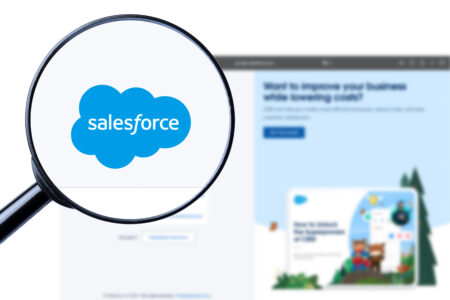
Prashant Bhoyar, a Microsoft AI and business applications MVP, shared insights on building custom Copilots using Copilot Studio at the AI Copilot Digital Summit. As an AI architect at Applied Information Sciences, Bhoyar brought a wealth of experience to the table, explaining how AI Copilots are shaping the future as well as Copilot’s role in the Microsoft ecosystem and practical strategies for maximizing their impact.
Importance of Copilots in the Microsoft Ecosystem
Bhoyar discussed the increasing role of Copilots in Microsoft’s ecosystem: They are rapidly gaining traction because they automate repetitive tasks and help meet user expectations for frictionless experiences. Microsoft is positioning itself as “the Copilot company,” a vision championed by CEO Satya Nadella, and reflecting its dedication to developing both pre-built and customizable Copilots.

AI Agent & Copilot Summit is an AI-first event to define opportunities, impact, and outcomes with Microsoft Copilot and agents. Building on its 2025 success, the 2026 event takes place March 17-19 in San Diego. Get more details.
The session explored the array of Copilots available across Microsoft’s platforms, such as GitHub Copilot, Microsoft 365 Copilot, and Power Platform Copilot.
While there are many pre-built Copilots designed for various needs, Bhoyar also outlined key platforms for creating custom Copilots; these include Copilot Studio and AI Studio, a part of Azure. Copilot Studio stands out due to its low-code interface, making it accessible for both citizen developers and professionals to efficiently build and deploy custom Copilots.
Harnessing the Power of Azure AI Services
Azure AI services are at the core of Microsoft’s AI strategy, offering tools for building and tailoring AI models. Bhoyar explained how Azure Machine Learning and Azure OpenAI provide essential support for developing robust AI applications. These services not only support training and deployment of machine learning models; they also allow for scenario-specific customization and integration into existing systems.
Creating effective custom Copilots requires a strategic approach. Bhoyar recommended using Copilot Studio for rapid development, leveraging features including natural language processing and integration with other Power Platform services. He advocated a hybrid model that combines fixed responses with generative capabilities to handle complex queries and minimize errors. Additionally, using Power BI to monitor and analyze Copilot performance ensures continuous improvement and quick resolution of issues.
Responsible AI Considerations
Bhoyar stressed the importance of ethical considerations in AI deployment, emphasizing principles such as fairness, reliability, safety, privacy, and transparency. He suggested that companies establish a Center of Excellence to oversee AI initiatives and measure ROI, to ensure that AI implementations align with organizational objectives while upholding high ethical standards.
By exploring the potential of Copilot Studio, tapping into Azure AI services, and adhering to best practices for ethical AI development, organizations can unlock the full potential of AI to enhance their operations and meet evolving user needs. Bhoyar’s insights provided a solid foundation for those looking to delve deeper into — and to begin experimenting with — AI Copilots.







